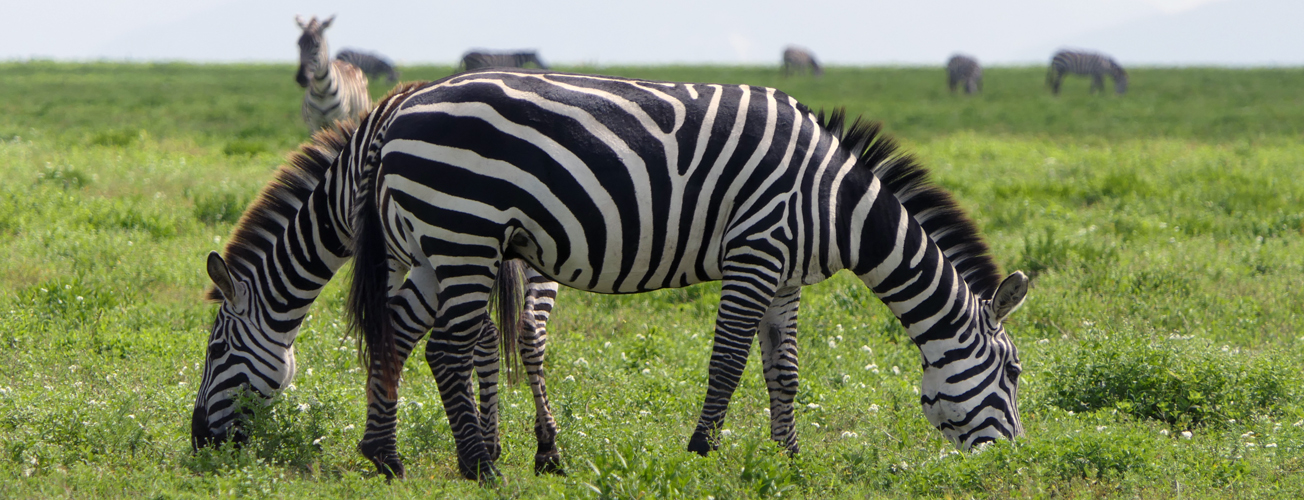ABOUT TANZANIA
Tanzania is a country of incredible contrasts. There’s the snow-capped peak of Kilimanjaro, lush jungles, vast savannahs, bustling cities and the tropical island of Zanzibar on the warm Indian Ocean. People here are said to be among the friendliest in the world and the country is also one of the safest in Africa. “Hakuna Matata” is the watchword and sooner than you think you’ll be swept along at a leisurely pace.
where authenticity meets tailored experiences to fulfill your unique needs.
BRIEF HISTORY OF TANZANIA
SAFARI IN TANZANIA
Few places in the world rival Tanzania as a wildlife destination. Ranked #1 country for an African safari, Tanzania hypnotizes with its pristine, wildest beauty. The last sanctuary of the wildlife of such magnitude in the world, Tanzania is a perfect spot for your vacation.
IS TANZANIA A SAFE COUNTRY ?
Tanzania is one of the safer countries in Africa and crime is relatively rare. However, it is worth bearing in mind that the population is poor and for this reason valuables should not be carried openly. Most accommodations have a safety box where you can store your valuables. When it’s dark outside, don’t walk alone unnecessarily, but rather take a taxi. Out in the safari parks, crime is very rare.
WHAT VACCINATIONS ARE REQUIRED IN TANZANIA ?
It is important to contact a vaccination centre well in advance of departure to advise on the vaccinations needed for your trip. The most commonly recommended vaccinations are tetanus, hepatitis A and hepatitis B. In addition, you can take ducoral before travelling.
It is also recommended to take malaria tablets if you are travelling in mainland Tanzania. There is also a requirement to have a yellow fever vaccination if you have recently been to a country where this occurs. If this is the case, you will need to show a vaccination certificate for this as proof.
WHAT KIND OF FOOD DO YOU EAT ?
Tanzanian cuisine consists of a delicious mix of meat, fruits and various spices. There are many exotic fruit trees here and mango, papaya, passion fruit and banana are common in traditional cooking. These are also commonly pressed down into fresh juices which you can buy everywhere at low prices.
Seafood is common as Tanzania is on the coast. At feasts, goat is usually served. Chapati, an Indian bread, is often served with the meal. Zanzibar grows many spices, which is why it is known as the ‘Spice Island’. Vanilla, cinnamon, cardamom and cloves are some of the spices that are often used in various dishes.
Bottled water is recommended and is available in most places. If you want an alcoholic drink, gin and tonic is common as there is a popular local gin here, Konyagi, or local beers such as Safari or Kilimanjaro. Coffee is grown in Tanzania, but tea is much more common.
DO YOU NEED A VISA IN TANZANIA ?
A tourist visa is required for entry. The visa is valid for 90 days and is valid for both Zanzibar and mainland Tanzania. Your passport must be valid for 6 months after the planned date of return.
You can choose to obtain a visa either before travelling via the Tanzanian Embassy or on the spot in Tanzania provided you are flying to Dar es Salaam, Kilimanjaro or Zanzibar.
If you wish to apply in advance, you can do so via this link: Visa Tanzania
If you choose to apply on the spot, you will receive a visa form which you fill in at the airport. You will pay $50 for the visa.
WHAT IS THE CURRENCY OF TANZANIA ?
In Tanzania, two main currencies are used: the USD and the Tanzanian Shilling (tsh). Shillings can be withdrawn from ATMs and exchanged from USD to shillings at local currency exchange offices in towns and cities.
In Tanzania, the motto “cash is king” really applies and you should always carry cash with you. Some places take cards, but for an extra fee. It is possible to pay with USD, but usually at a poor exchange rate. Dollar bills printed in 2006 or later are not always accepted as exchange rates are much worse with these.
In Zanzibar, the airport and Stonetown are the only places you can safely withdraw money.
WHAT IS THE CLIMATE LIKE IN TANZANIA ?
Tanzania’s location on the Indian Ocean means it’s tropically warm all year round. The country lies just south of the equator, so temperatures vary very little throughout the year. Inland, the climate is drier and along the coasts more humid. There are two distinct rainy seasons. The first, known as the ‘long rains’, takes place from mid/late March to late May.
During this period it can rain for many days at a time without interruption. The second period, known as the “short rains”, usually occurs from November to mid-December. During this period there are shorter showers, often in the evenings and at night. However, the days can be completely cloudless. These periods can vary slightly from year to year. Going on safari during the rainy season, especially April-May, is not optimal as access in many parks is limited.
In addition, many times it is necessary to keep windows and roofs closed to keep the rain out. The dry periods of December-March and June-October are therefore the best times for safaris. During this period it is easier to see animals as they often congregate at waterholes.






